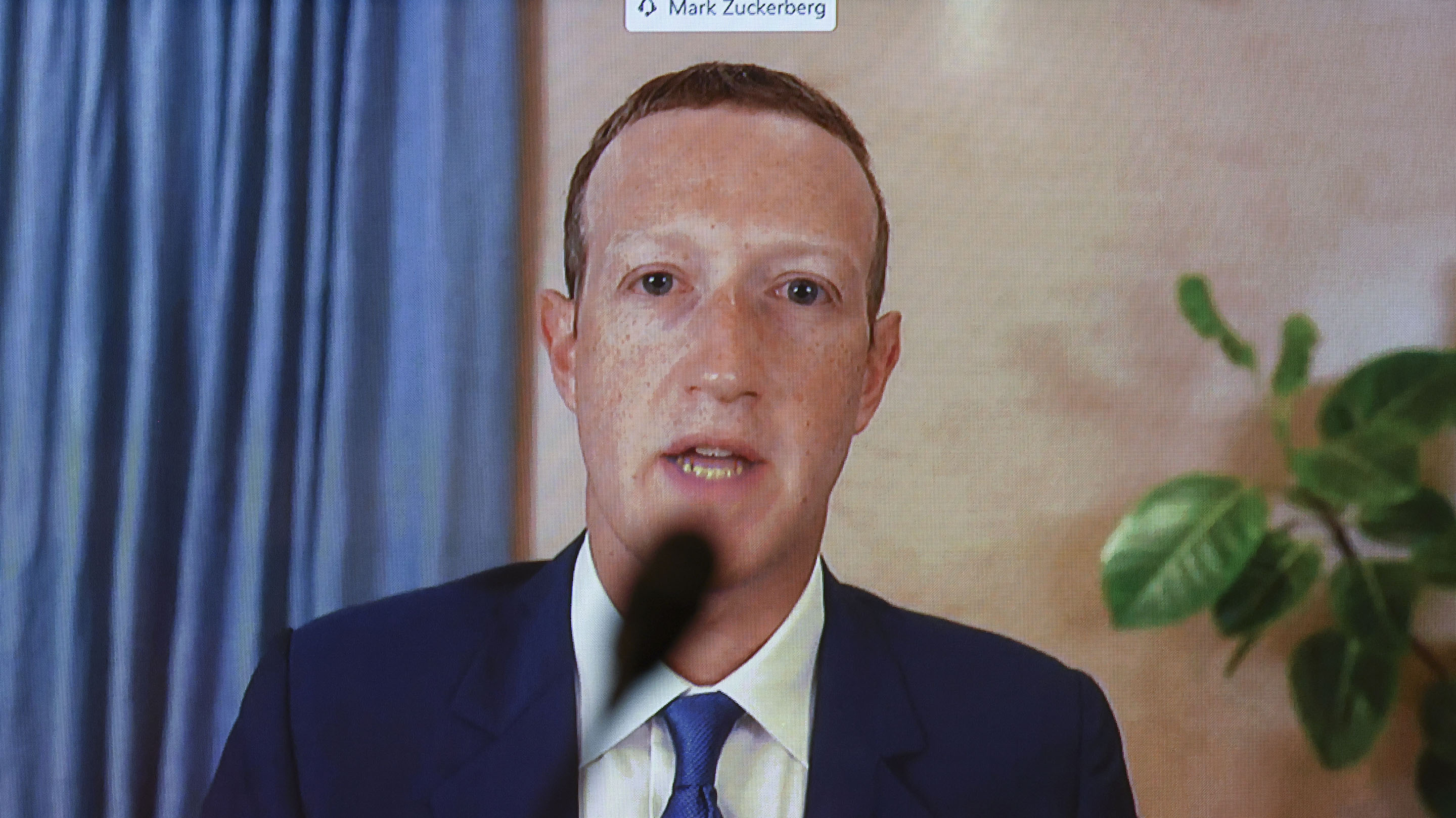
Facebook is pushing back against two sweeping lawsuits alleging the media and advertising company has acquired an illegal amount of marketplace power — in other words, that it’s a monopoly. The Federal Trade Commission and a coalition of 46 states, the District of Columbia and Guam filed these cases Wednesday.
Erik Gordon, professor at the University of Michigan’s Ross School of Business, spoke with “Marketplace Morning Report” host David Brancaccio about this. The following is an edited transcript of their conversation.
David Brancaccio: You are an attorney specializing in antitrust. Do you see an open-and-shut case here?
Erik Gordon: This is not going to be open and shut. This is going to be a long-fought battle with lots of twists and turns. And I don’t think the government is going to get what it’s asking for.
Brancaccio: Why is it such a subtle thing to prove this kind of stuff?
Gordon: We have to remember that these two acquisitions that the government complains about [with Facebook acquiring Instagram and WhatsApp] were acquisitions that were made quite some time ago — six, eight years ago, actually, in the Obama administration. And when the government looked at the acquisitions then, the government said, “oh, OK, go ahead”. Now they’re saying, “wait a minute, let’s take it apart.” It’s going to be tough to get a court to go for that.
Brancaccio: That is one of Facebook’s contentions now. “Hey, the regulators already said it was A-OK.” So, I mean, the likelihood, Eric, that Facebook gets shattered, like the old AT&T into smaller shards?
Gordon: I don’t think that’s going to happen. For one thing, the AT&T breakup wasn’t a success. When the government tried to break up Microsoft, it didn’t succeed. So I don’t think we’re going to see Facebook broken up into little pieces. I don’t think it’s going to be broken up at all.
Brancaccio: But no remedy, no changes? I mean, you have nearly every state in the nation joining these lawsuits.
Gordon: Well, there are other remedies besides breaking it up. For example, you could force Facebook to open its APIs. APIs are like the connections from the outside world into the guts of Facebook, particularly with the social Graph API. That’s all of the connections Facebook knows about you and everybody else you talk to on Facebook. If Facebook has to open that up, then lots of people could compete with Facebook. And that would be a very powerful remedy without breaking the company up.
Brancaccio: I mean, there is a new administration coming in. Will the Joe Biden team make a difference here?
Gordon: You know, I think they’ll make a difference in tone. But I can’t imagine a Democratic president allowing himself to be positioned as softer on big business and antitrust than an outgoing Republican.
As a nonprofit news organization, our future depends on listeners like you who believe in the power of public service journalism.
Your investment in Marketplace helps us remain paywall-free and ensures everyone has access to trustworthy, unbiased news and information, regardless of their ability to pay.
Donate today — in any amount — to become a Marketplace Investor. Now more than ever, your commitment makes a difference.
"Shut" - Google News
December 10, 2020 at 10:12PM
https://ift.tt/3oH7PdC
Facebook case won’t be “open and shut,” former antitrust attorney says - Marketplace
"Shut" - Google News
https://ift.tt/3d35Me0
https://ift.tt/2WkO13c
Bagikan Berita Ini















0 Response to "Facebook case won’t be “open and shut,” former antitrust attorney says - Marketplace"
Post a Comment